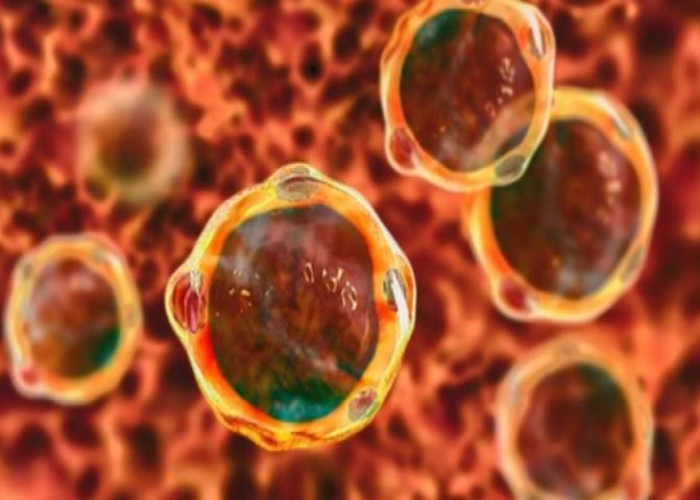 Welcome
Welcome
“May all be happy, may all be healed, may all be at peace and may no one ever suffer."
Blastocystis hominis
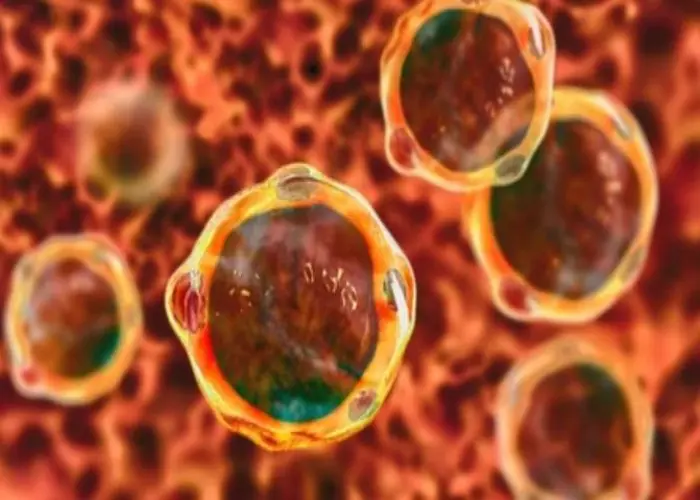
Blastocystis hominis is a microscopic parasite that can inhabit the gastrointestinal tract of humans and some animals. It is a common parasite that is usually harmless, but it can cause symptoms such as diarrhea, abdominal pain, and nausea in some individuals, particularly those with weakened immune systems. Blastocystis hominis can be transmitted through contaminated food or water or through close contact with infected individuals or animals. Treatment options may include antibiotics or antiparasitic medications, although some individuals with Blastocystis hominis may not require treatment if they do not experience symptoms. It is important to work closely with a healthcare professional to manage Blastocystis hominis and prevent potential complications.
Research Papers
Disease Signs and Symptoms
- Diarrhea
- Fatigue (Tiredness)
- Anus itching
- Itching
- Weight loss
- Loss of appetite
- Gas
- Abdomen bloating
- Abdomen pain
- Nausea or vomiting
- Watery diarrhea three or more times a day for two or more days
Disease Causes
Blastocystis hominis
Blastocystis is a microscopic single-celled organism (protozoan). Many parasitic protozoans normally live in your digestive tract and are harmless or even helpful; others cause disease.
It's not clear whether blastocystis causes disease. Most people who carry the organism have no signs or symptoms, but it's also found in people who have diarrhea and other digestive problems.
Explanations for this variability include:
- Some types of blastocystis may be more likely to cause disease than others.
- Some people may be more vulnerable to blastocystis infection.
- Disease may be caused by other organisms that coexist with Blastocystis.
Blastocystis can be passed between people and from animals to people. Transmission may be from:
- Contaminated food or water
- Exposure to human or animal feces
Disease Prevents
Blastocystis hominis
The best practice for preventing blastocystis infection is practicing good hygiene:
- Wash fruits and vegetables before eating
- Keep cooking surfaces clean
- Wash your hands frequently
Handwashing tips
Wash your hands often with soap and water for at least 20 seconds. When you can't use soap and water, use a hand sanitizer that contains at least 60% alcohol.
Wash your hands frequently, particularly:
- Before, during and after meal preparation
- After using the toilet
- After changing a diaper or helping a child use the toilet
- After helping a person who is sick with vomiting or diarrhea
- After touching animals or handling animal food or feces
- After handling garbage
- Before and after cleaning a cut or wound
Travel tips
When you travel, you can take steps to lower your risk of exposure to blastocystis. A general guideline is to avoid eating what you can't boil, cook or peel. More specifically, avoid:
- Food from street vendors
- Unpasteurized milk and dairy products, including ice cream
- Raw or undercooked meat, fish, shellfish or eggs
- Food at room temperature, such as sauces and buffet offerings
- Fresh greens; foods that can't be peeled, such as berries; fruits or vegetables that you did not peel yourself
- Frozen pops and flavored ice
- Dishes or condiments made with uncooked fruits or vegetables
Safe drinking-water tips
If you're visiting a country with poor sanitation or possible unsafe drinking water, use the following tips:
- Avoid unsterilized water — from tap, well or stream.
- If you need to use unsterilized water for drinking or washing food items, boil the water for at least three minutes and let it cool.
- Use a chemical purifier for water — usually a combination of bleach and iodine — that is often available at a sporting goods store.
- Avoid ice cubes or beverages made with tap water.
- Keep your mouth closed while showering.
- Use bottled water to brush your teeth.
- Make sure hot beverages, such as coffee or tea, are steaming hot.
- Drink bottled beverages from original, unopened containers after cleaning them.
Disease Treatments
If you have a blastocystis infection without signs or symptoms, then you don't need treatment. Mild signs and symptoms might improve on their own within a few days.
Potential medications for eliminating a blastocystis infection and improving symptoms include:
- Antibiotics, such as metronidazole (Flagyl) or tinidazole (Tindamax)
- Combination medications, such as sulfamethoxazole and trimethoprim (Bactrim, Septra, others)
- Anti-protozoal medications, such as paromomycin or nitazoxanide (Alinia)
Responses to these medications vary greatly. Also, because the organism might not be the cause of your symptoms, improvement might be due to the medication's effect on another organism.
Disease Diagnoses
Disease Allopathic Generics
Disease Ayurvedic Generics
Disease Homeopathic Generics
Disease yoga
Blastocystis hominis and Learn More about Diseases
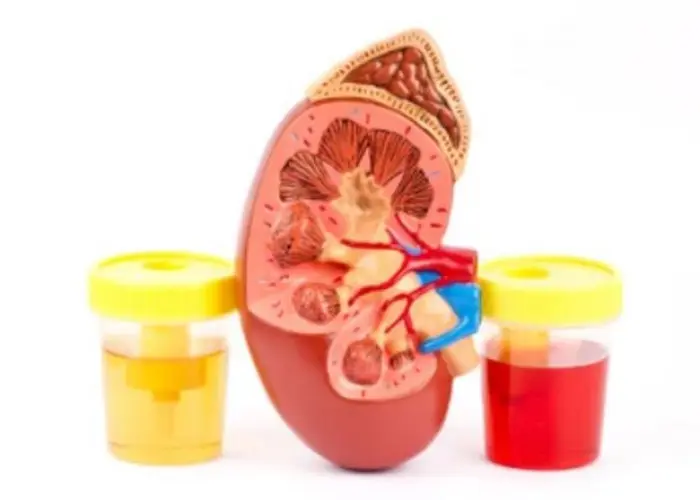
Blood in urine (Hematuria)
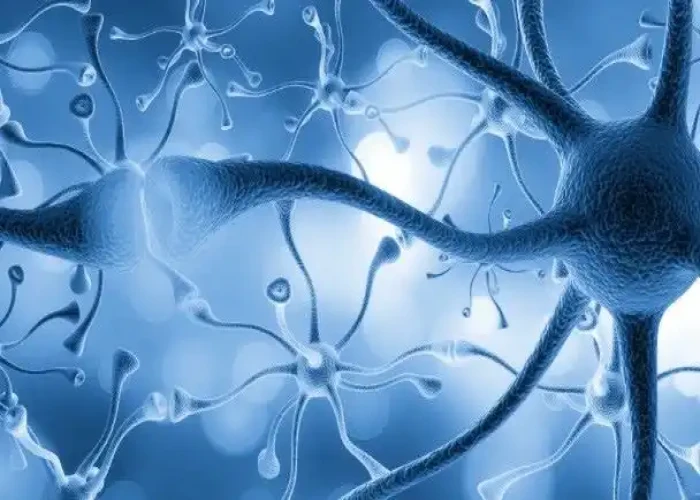
Vasovagal syncope

Hoarding disorder

Hay fever
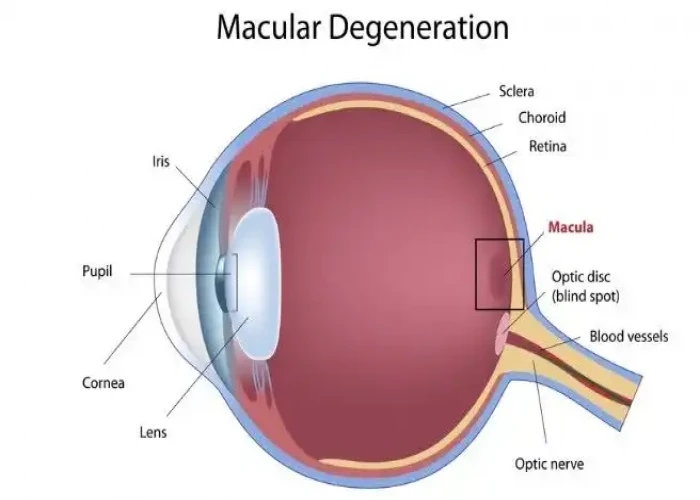
Wet macular degeneration

Cardiomyopathy

Popliteal artery aneurysm
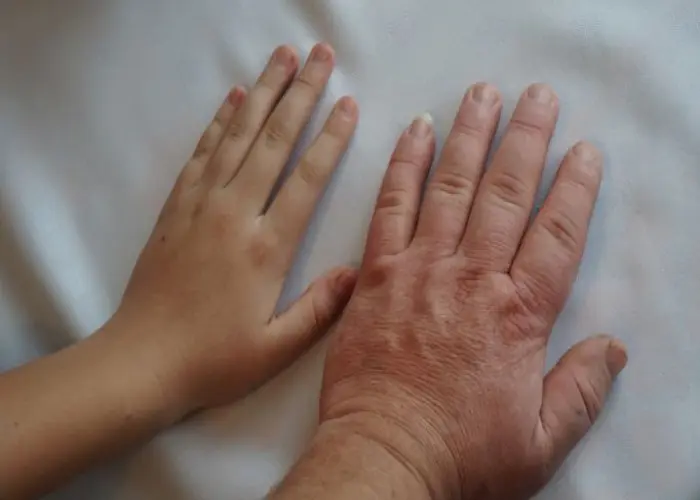
Acromegaly
Blastocystis hominis, Blastocystis hominis treatment, B hominis, ব্লাস্টোসিসটিস হোমিনিস
To be happy, beautiful, healthy, wealthy, hale and long-lived stay with DM3S.
